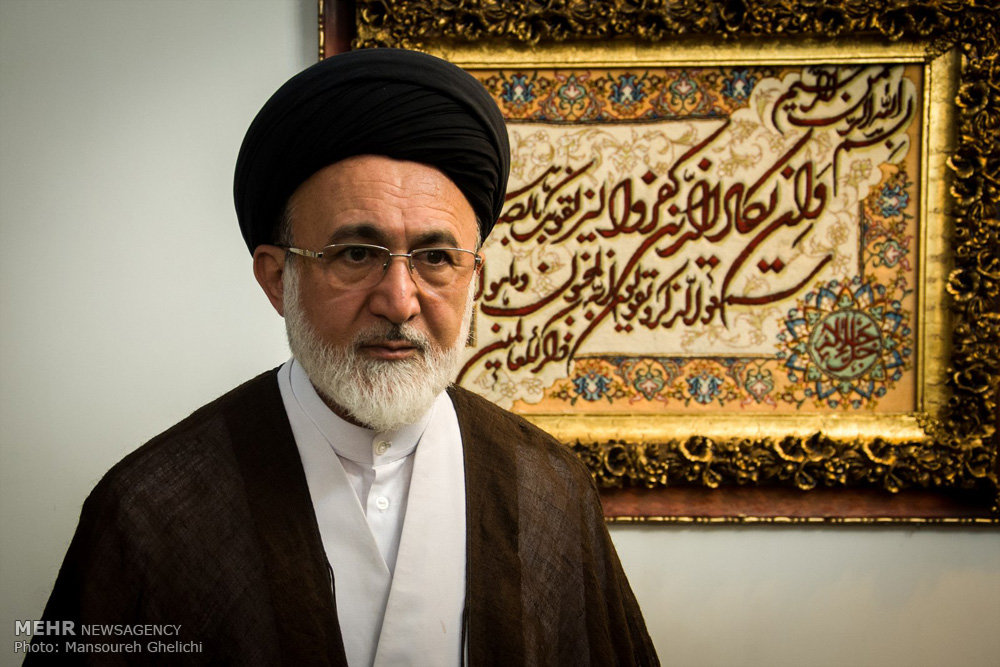Tehran, Riyadh agree on haj talks

TEHRAN – An Iranian delegation will travel to Riyadh on Feb. 23 to resume talks on haj pilgrimage after a one year hiatus caused by the 2015 haj crush in Mina in which hundreds of Iranian nationals were killed.
“The Iranian delegation will visit Saudi Arabia in response to an invitation by the country,” Ali Qazi-Askar, the Leader representative in haj affairs, was quoted as saying on Wednesday.
“For the time being, nothing is certain in this year’s haj till conditions are provided.”
Iran’s Foreign Ministry denied last week that Tehran had received an invitation from the Saudi side as claimed by Arab media outlets.
Iran stopped sending pilgrims to the annual ritual after the haj stampede in Mina in September 2015, during which 464 Iranian pilgrims lost their lives and dozens more wounded, what came to be the deadliest disaster to befall the annual pilgrimage in 25 years.
Iranian officials accused Riyadh of being incapable of managing the annual event, holding the country accountable for the disaster.
Rounds of negotiation to hash out discrepancies over the issue failed after Iran’s haj organization announced on May 29 that it won’t dispatch pilgrims because the Saudi side had not accepted to guarantee security of Iranian pilgrims.
The two, who disagree on a list of other regional challenges including the Syrian conflict, have grown increasingly unfriendly toward each other, particularly over the past few days as Iranians marked the first anniversary of the Mina stampede.
Ever since the incident, Riyadh has declined to cooperate with Iran on the issue, though Tehran has proposed initiatives to mend the fences over the impasse.
In objection, Tehran canceled haj in 2016, threatening it would take the case to an international arbitrary court out of frustration with rounds of fruitless negotiation with the Saudi haj officials.
Bilateral relations between the two regional powerhouses has already come under strains when Riyadh’s diplomatic posts in Tehran and Mashhad were stormed, itself a result of Saudi Arabia executing 47 people in a single day, including a dissident Shiite cleric.
Nimr al-Nimr had repeatedly spoken out against the government and the Saudi royal family.
To the list of animosities, one has to add differences over what is going on in Syria and Yemen.
While Iran backs the Syrian government and throws support behind the Yemeni resistance movement, Saudi Arabia demands President al-Assad step down and accuse Tehran of waging a proxy war against the kingdom in Yemen.
AK/PA
Leave a Comment